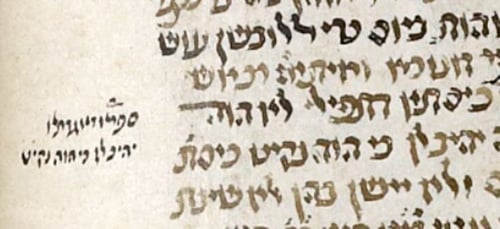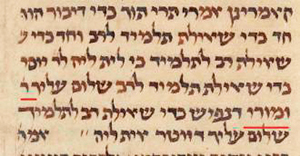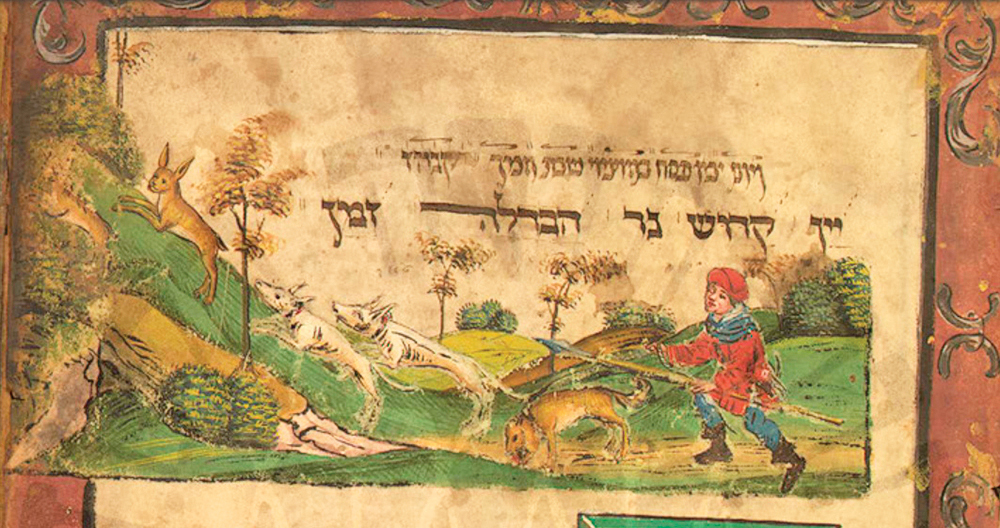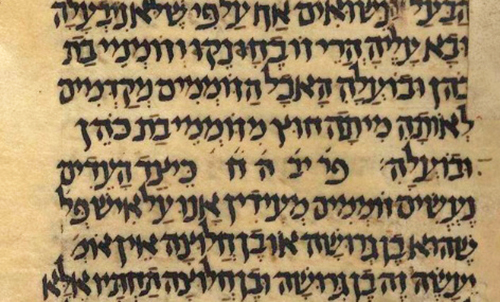
Elapsed Messianic Years
Texts are fixed, while human speech is dynamic. If I wrote down the date, even if it was accurate when I wrote it, it would

Texts are fixed, while human speech is dynamic. If I wrote down the date, even if it was accurate when I wrote it, it would

Avodah Zara opens with the mishna restricting commerce with idolaters three days before their Eid/festival. The concern is that you’ll cause him to thank his

Generally speaking, in Chazal’s perspective, the Oral Torah and Written Torah are distinct and should remain in their original form.. Thus, in Temurah 14b, Rabbi

The sixth chapter of Shevuot deals with an oath imposed on one who admits part of a claim, that is, modeh bemiktzat. The admission has

The Mishna on Shevuot 32a discusses an oath to compel testimony. Suppose I know that two people witnessed an event, and their testimony would help

In a Tablet Magazine interview in November 2010, Noam Chomsky explained how he turned away from religion. “My grandfather had a long beard, I don’t

In Shavuot12b, Rav Nachman bar Rav Chisda expounded publicly that (a) birds are not used as supplementary offerings. Rava reacted by stating that this was

One fine Shabbat night or day, Rav Malkiya (מלכיא or מלכיה) visited Rabbi Simlai’s house and moved an extinguished oil lamp. This angered Rabbi Simlai,

Last week’s column (“Worrying About Flying Camels”) discussed flying camels and Makkot 5a. Rava made a series of statements exploring how conspiring witnesses are established,

In Makkot 5a, Rava might be worried about a flying camel. He says: “If two witnesses say, ‘Ploni killed someone on Sunday morning in Sura,’

In many old Haggadot, around Kadesh, there is a picture of a rabbit hunt. The reason for this is that, when the Seder night begins

The opening mishna of Makkot (2a) begins by asking, “How are witnesses established as conspiring (zomemim)?” Yet, as the Talmudic narrator points out, the first